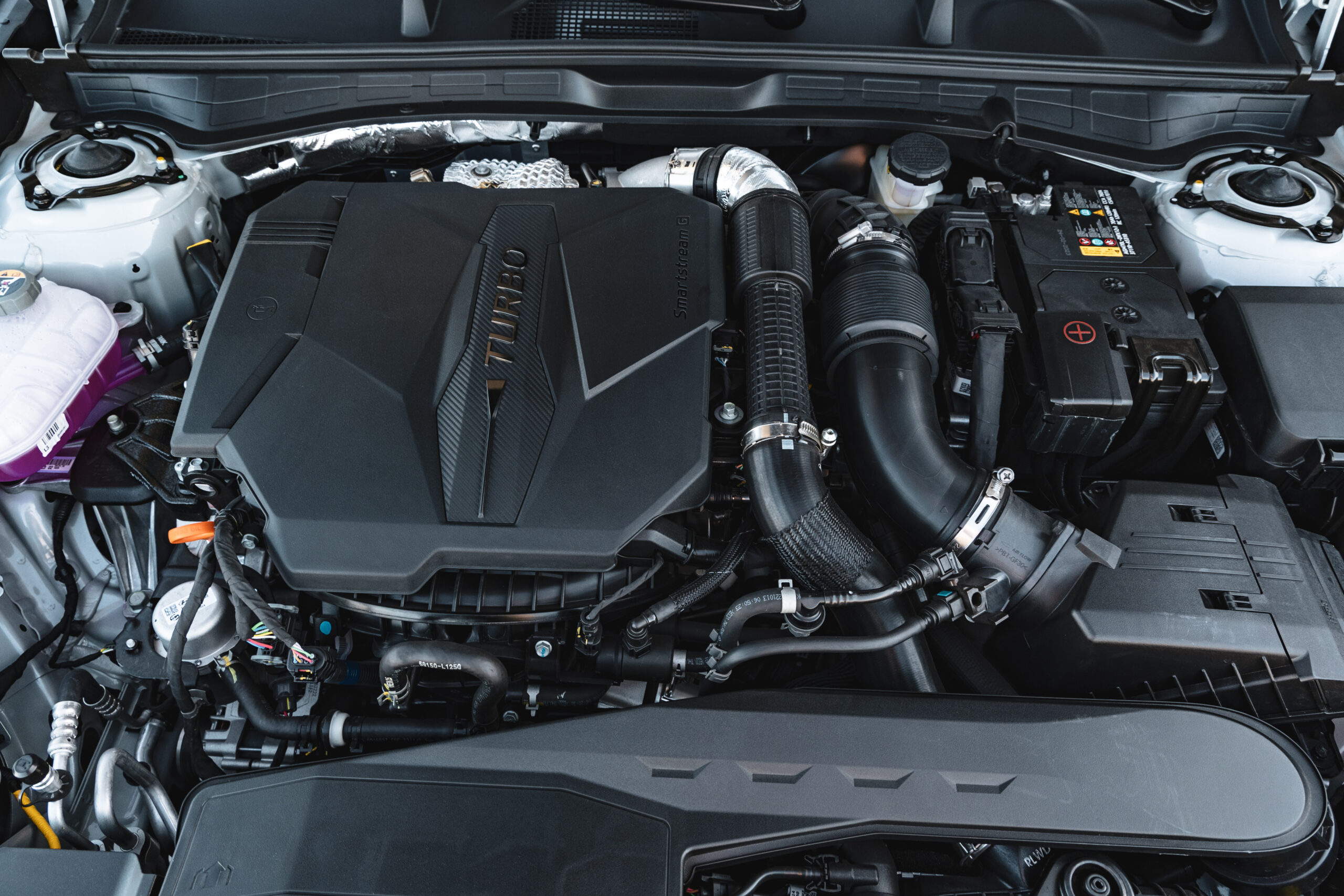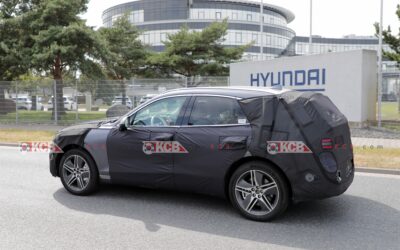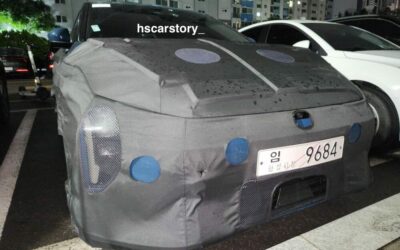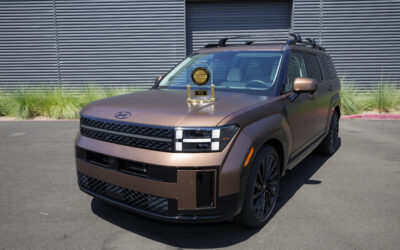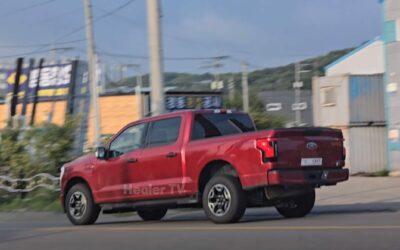In a strategic pivot that underscores the enduring relevance of internal combustion engines (ICE), Hyundai Motor Group has reestablished a dedicated R&D organization tasked with developing a new generation of engines. According to ETNews, this move comes after more than two years of concentrated efforts in electrification, reflecting a nuanced approach to meeting the evolving demands of the global automotive market.
Hyundai’s Strategic Shift Towards Engine Innovation
Hyundai Motor Group’s decision to form an engine design room within its Electric Fire Performance Development Center marks a significant realignment of its R&D priorities. This newly minted organization, staffed by 150 to 200 experts, aims to pool the talents of R&D personnel formerly embedded within the electrification department, with ongoing efforts to bolster the team with additional talent both from within and outside the company.
Yang Hee-won, the newly appointed president of the R&D division as of January this year, will spearhead the engine design office. The team is set to tackle a range of initiatives, from navigating the European Union’s stringent Euro 7 emission regulations to laying the groundwork for future engine launches.
The Evolution of Hyundai’s R&D Focus
Hyundai’s R&D strategy has undergone significant evolution over the past few years. The company’s earlier reorganization, which coincided with President Park Jung-guk’s ascension to the R&D helm, marked a decisive shift towards electrification. This reorientation was widely interpreted as Hyundai’s full-throated endorsement of electric vehicles (EVs), setting aside the internal combustion engine in favor of electrification.
However, the automotive market’s dynamics have shifted dramatically, prompting a reevaluation of this strategy. A slowdown in the growth of EVs, coupled with regulatory adjustments in key markets such as the EU and the U.S., has highlighted the continued importance of developing advanced ICE technologies.
Navigating Regulatory Waters
Initially, Hyundai aimed to phase out ICE models in the EU in favor of hybrids and EVs to comply with the anticipated Euro 7 regulations, which many believed would herald the end of the internal combustion engine. However, a relaxation of these regulations, following intense industry pushback, has extended the lifespan of ICE vehicles. Both the EU and the U.S. Environmental Protection Agency have adjusted their stances, offering the automotive industry a more manageable pathway to compliance with emissions standards.
The Future of Hyundai’s Engine Development
The Engine Design Office’s mandate to develop a new engine capable of meeting the Euro 7 standards—despite their relaxation—underscores Hyundai’s commitment to innovation. The company recognizes the dual challenges of stringent emissions standards and the growing demand for hybrid technologies, especially within its luxury Genesis brand.
This strategic realignment not only reflects Hyundai’s agility in responding to market and regulatory changes but also its commitment to sustainability. By enhancing the efficiency of internal combustion engines, Hyundai aims to strike a balance between immediate environmental responsibilities and long-term profitability.
Conclusion: A Balanced Path Forward
Hyundai Motor Group’s revitalized focus on internal combustion engine development, alongside its ongoing commitment to electrification, signifies a pragmatic approach to automotive innovation. As regulations evolve and market demands shift, Hyundai’s flexible strategy positions it to lead in both traditional and emerging automotive technologies, ensuring its competitive edge in a rapidly changing industry.
By adeptly navigating the regulatory landscape and leveraging its R&D capabilities, Hyundai Motor Group is poised to meet the future of automotive technology head-on, with a diverse portfolio that caters to a broad spectrum of consumer needs and environmental standards.

